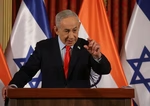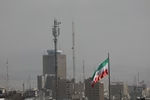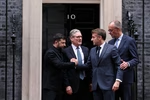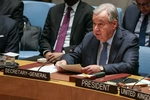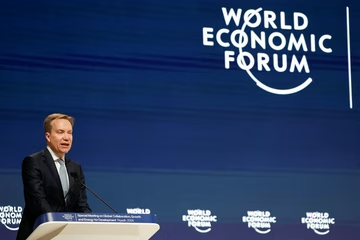CNN on how the Trump-Kim summit is seen in North Korea
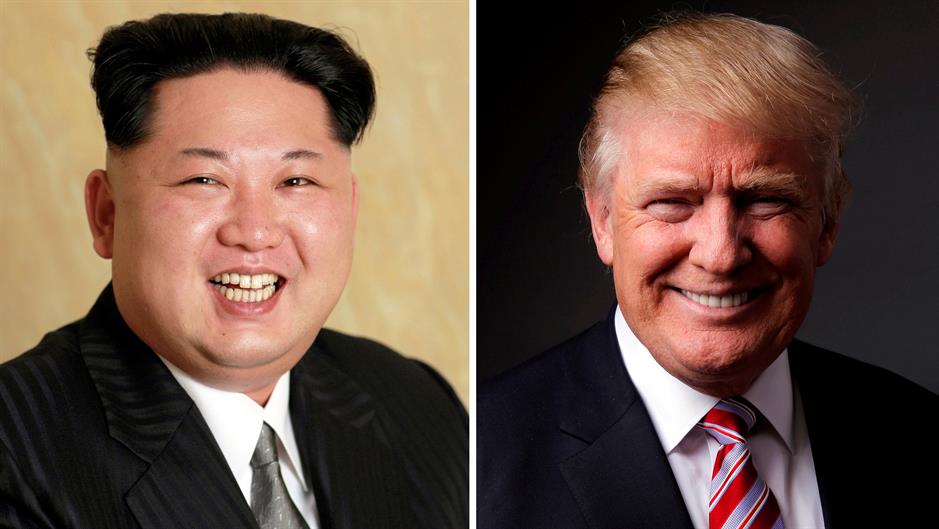
North Koreans woke up to news on Monday that their leader Kim Jong Un had arrived in Singapore for a landmark summit with US President Donald Trump.
Oglas
North Koreans gathered outside a train station in the capital, Pyongyang, to watch news of the summit broadcast on a large screen. Crowds looked on as images aired of Kim disembarking from the Air China flight and shaking hands with Singaporean Prime Minister Lee Hsien Loong on Sunday.
State-run Korean Central News Agency (KCNA) described the talks as "wide-ranging and profound," adding that the two leaders would focus on establishing new DPRK-US relations, "durable peace-keeping" and denuclearization, among other things. An identical report ran on the front page of state-run newspaper Rodong Sinmun, accompanying an editorial that discussed establishing "fair" international relations.
The speed at which state media reported on Kim's arrival was a departure from previous coverage of Kim's summits with South Korea's president, Moon Jae-in, and China's president, Xi Jinping, which received coverage only after they had ended.
Oglas
The US and North Korea may be on the verge of a diplomatic breakthrough, but among the many other difficulties in the way of improved relations is how to undo decades of propaganda that has taught North Koreans that Americans are their natural enemy and a constant threat.
For 65 years, North Koreans have been fed a narrative pushed by their government that Washington, not Pyongyang, started the Korean War, and continues to harbour a desire to conquer the country.
While the US government bears responsibility for its actions during the Korean War, and for decades of matching every rattle of Pyongyang's sabres, North Koreans receive a one-sided view of events.
During a recent visit to North Hwanghae province, CNN spoke to a 38-year-old farmer who said she wanted to visit the US to see what the country that is "harassing Korean people so much (and) sanctioning our economy" looks like up close.
Oglas
Despite this anger, Yun, like most of her countrymen, was friendly and welcoming. "We don't think of American people badly, we just condemn its government," she said.
Kakvo je tvoje mišljenje o ovome?
Učestvuj u diskusiji ili pročitaj komentare
Oglas
Kakvo je tvoje mišljenje o ovome?
Učestvuj u diskusiji ili pročitaj komentare
Oglas
NAJČITANIJE
Oglas
Oglas
Najnovije
Oglas
Oglas





 Srbija
Srbija
 Hrvatska
Hrvatska
 Slovenija
Slovenija













